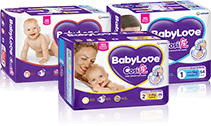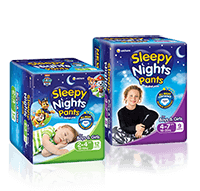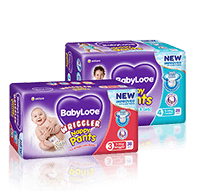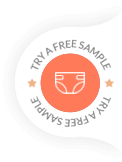Baby’s Fun
The joy of becoming a parent is something much anticipated and welcomed but a big part of parenting lays hidden in the not-so-obvious things that parents might have overlooked.
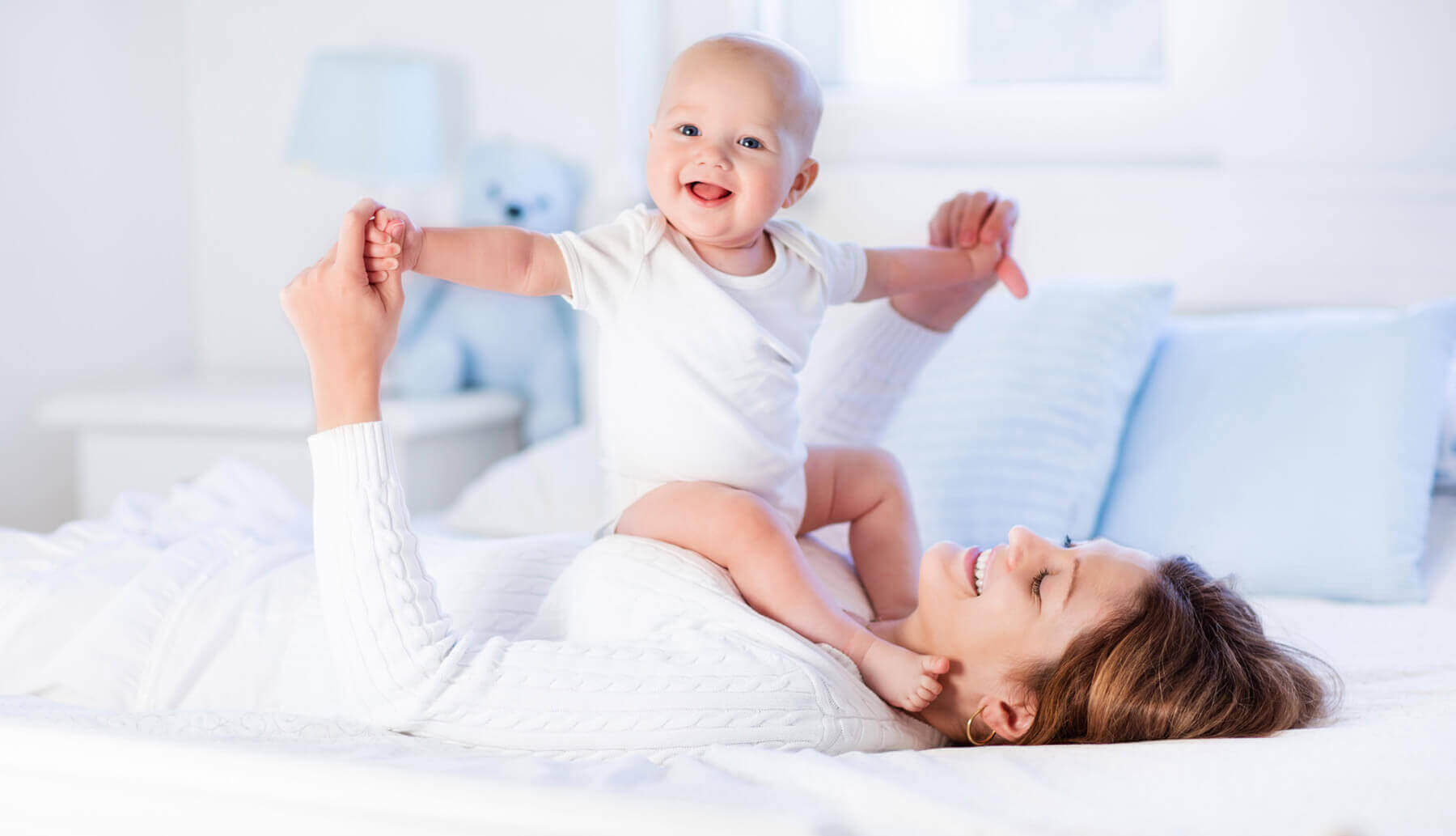
1. Physical Preparation
The arrival of a new baby into the home is a highly anticipated event and most parents would go all the way to provide the best possible amenities for their beloved ones. Here are some tips to be considered when bringing home your baby, from hospital departure right to your house:
Hospital Departure
- Send home any bulky or unused items in advance – This will help eliminate unnecessary delays or hassles and give you more time to focus and bond with your baby!
- Have the baby car seat ready and installed – Using a car seat can be quite a challenge so read the manual carefully and have the car seat installed properly. (Don’t be shy to ask for help!). Never take your baby out from the car seat whilst driving. If the need arises, stop the car by the road side before taking your baby out.
- Take your time – Do not rush when checking out, ask for help or a wheelchair to take you to your car and try to keep some painkillers handy.
- Keep important necessities close by – To save your partner from needless trips to the pharmacy, keep all important necessities handy such as your sanitary napkins, medication, painkiller, ointment and other important items within reach.
- Place emergency contact numbers in a visible location – Acquire the hospital/doctor/nurses emergency contact numbers and make them accessible to enable speedy contact during emergency.
Home Sweet Home
- Safety – Place your baby in a room that is cosy, quiet and not too bright. Make sure that your baby is within reach instantly at all times. Ensure baby is safely out of reach of toddlers and pets.
- Furniture – Use your baby’s baby cot, mattresses, stroller and other items that have been approved and certified for baby use. Make sure there are no sharp points, loose joints or objects than can pose a threat to your baby.
- Bathing equipment & toiletries – Check baby’s bathing equipment & toiletries such as bathtub, towels, soap-free bath oils, brushes, etc is of less irritant material and is safe if consumed. (Babies tend to place things in their mouths.)
- Clothing – Choose clothing that is breathable, warm and comfortable. Avoid clothing materials that can cause irritation such as plastic covered nappies or with too many buttons that could cause pain and discomfort to baby.
- Toys – Buy only certified safe toys produced using non-hazardous materials. Toys that are not meant for babies can cause physical threat such as poisoning from its paint or loose small objects that can choke your baby.
2. Mental Preparation
Mental preparation is another aspect that new parents should consider, especially when trying to adjust and ensure synergistic adaptation between other family members such as grandparents and pets with the baby.
- Grandparents – Grandparents might tend to be over-protective or attentive and might take over your role as parents. Be prepared to handle this situation by trusting your instincts and sticking to your own values.
- Pets – Try to familiarise your pets with the scent of your baby. Slowly introduce your baby to the pets and allow them time to bond naturally. (Ensure your pets cleanliness and health prior to contact.)
3. Care
It is prudent to always be prepared and understand your baby’s schedule and try to accommodate it. Seek help if need be and it would be handy for you to learn these things in advance:
- Feeding – Whether breastfeeding or bottle feeding your baby, you will need to know the method and formula used to make sure that your baby receives only the best food for their progressive growth.
- Type of nappy and nappy change – Make sure you know the type of nappy to use and how to change the nappy; it could be tricky and stressful to some parents. BabyLove NewBorn nappies give you minimum hassle and extra protection for your baby’s well being.
- Bathing & cleaning your baby – Exercise extra caution when bathing your baby as they are very fragile. Gently clean around the baby’s umbilical stump to avoid any injury and use a soft sponge. Your baby doesn’t need bathing all the time, cleaning them with “wipe-round” cotton wool will suffice for day long cleanliness. (NEVER leave your baby unattended when giving them a bath)
- Stimulation – Talk, sing, hold, touch and cuddle your baby as this will stimulate their mental and physical development. Massaging and burping your baby after each meal will also help to boost your baby’s brain development while preventing gas and fussiness.

